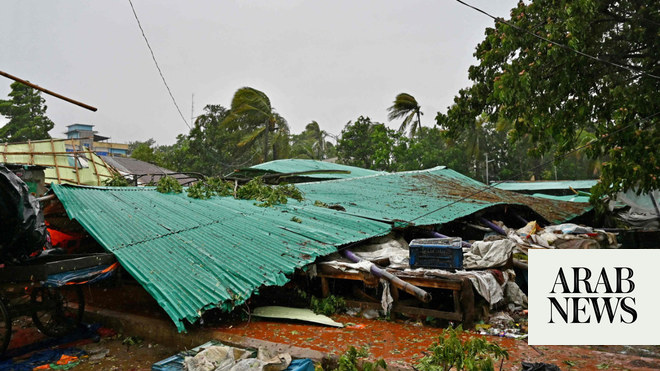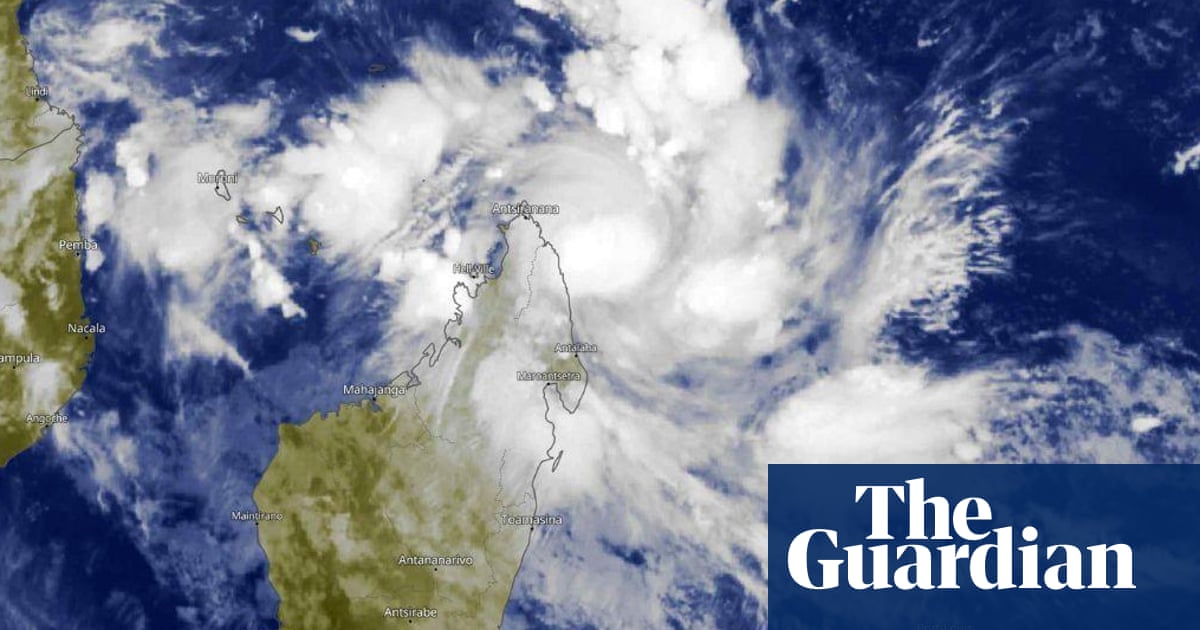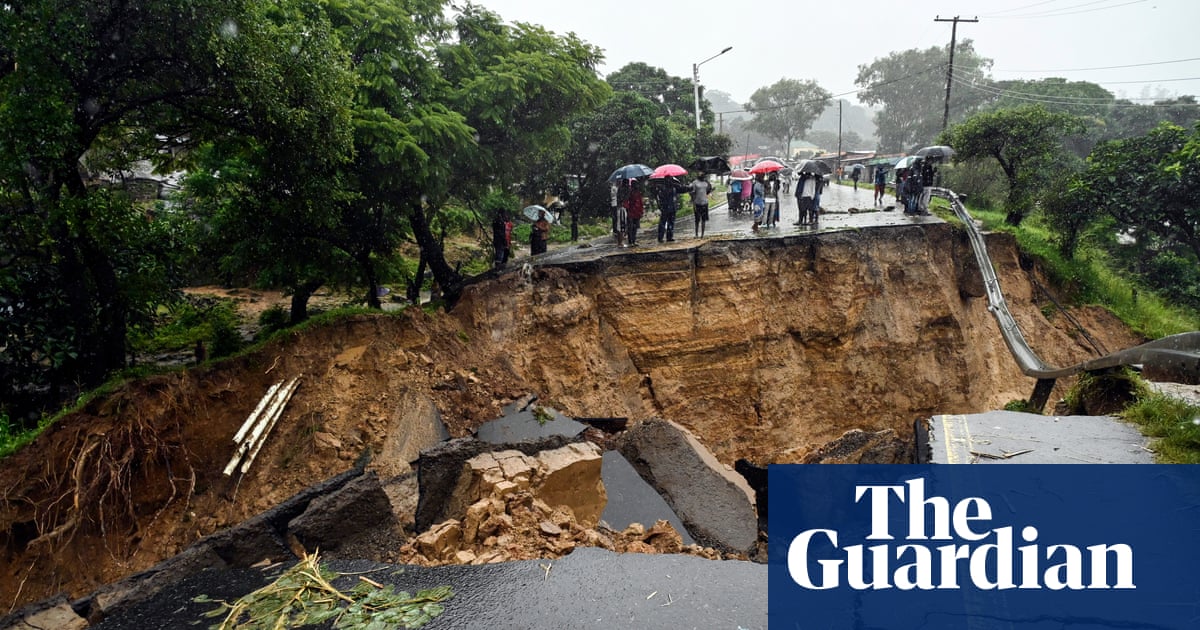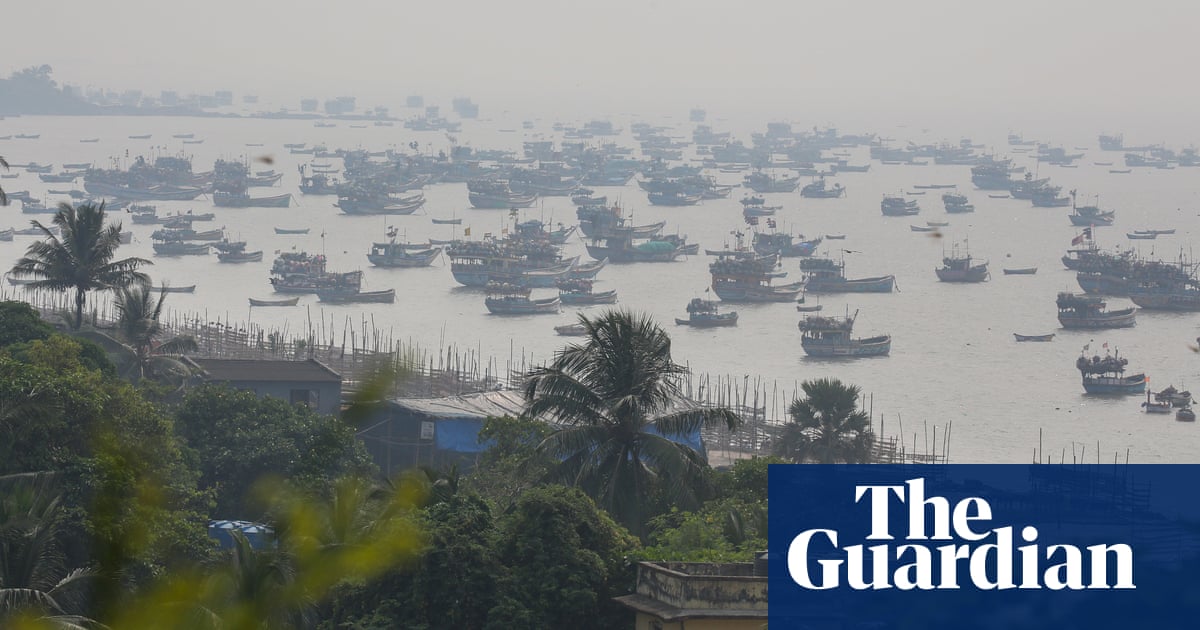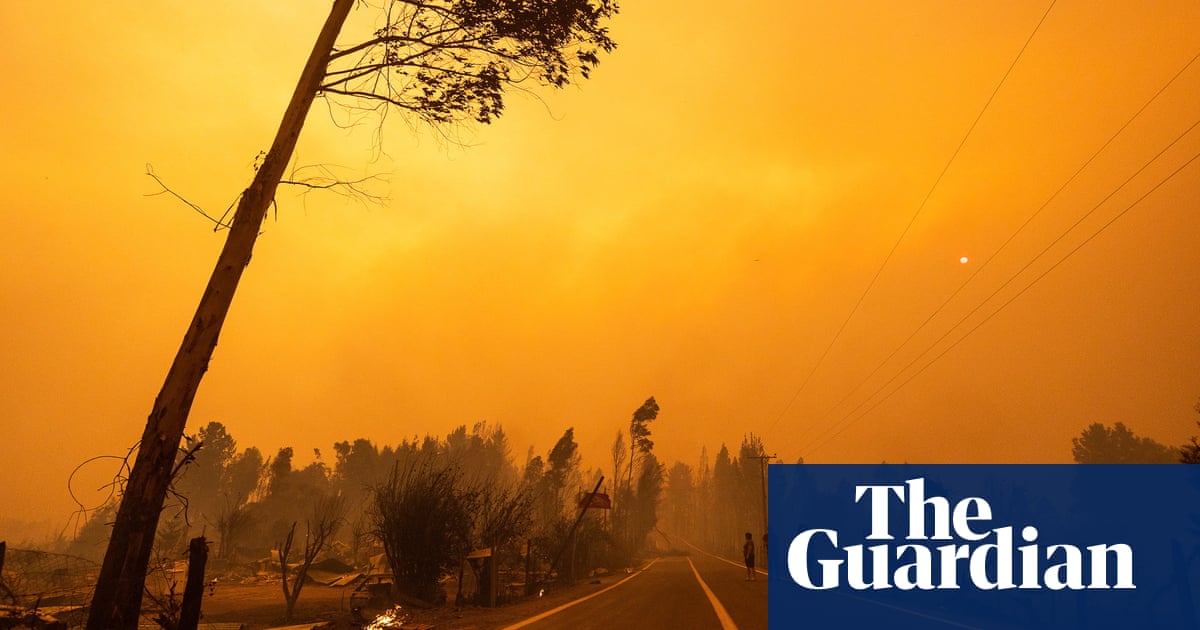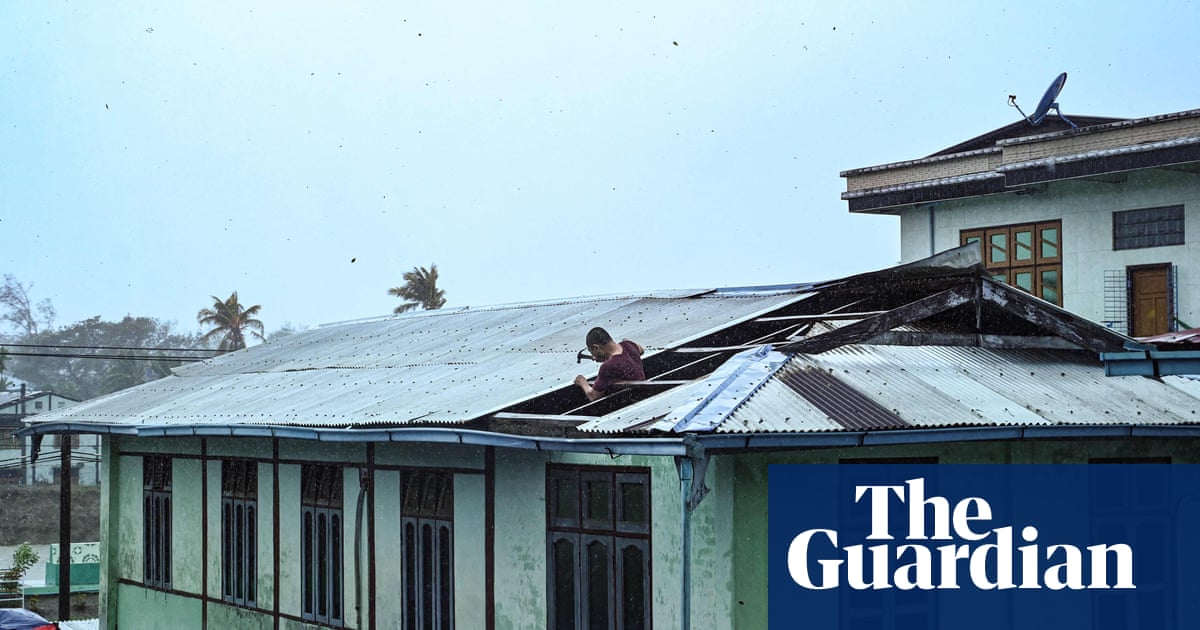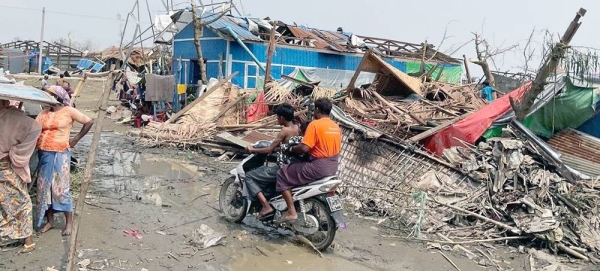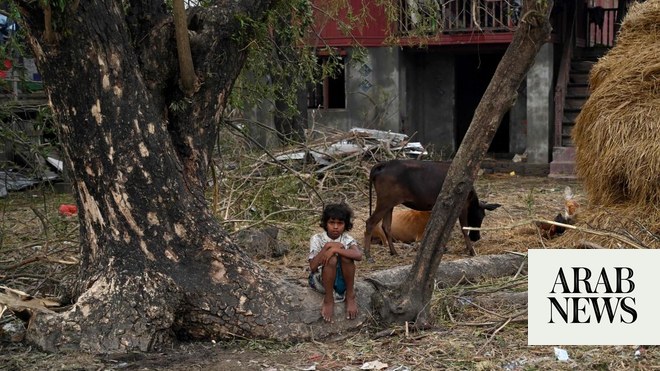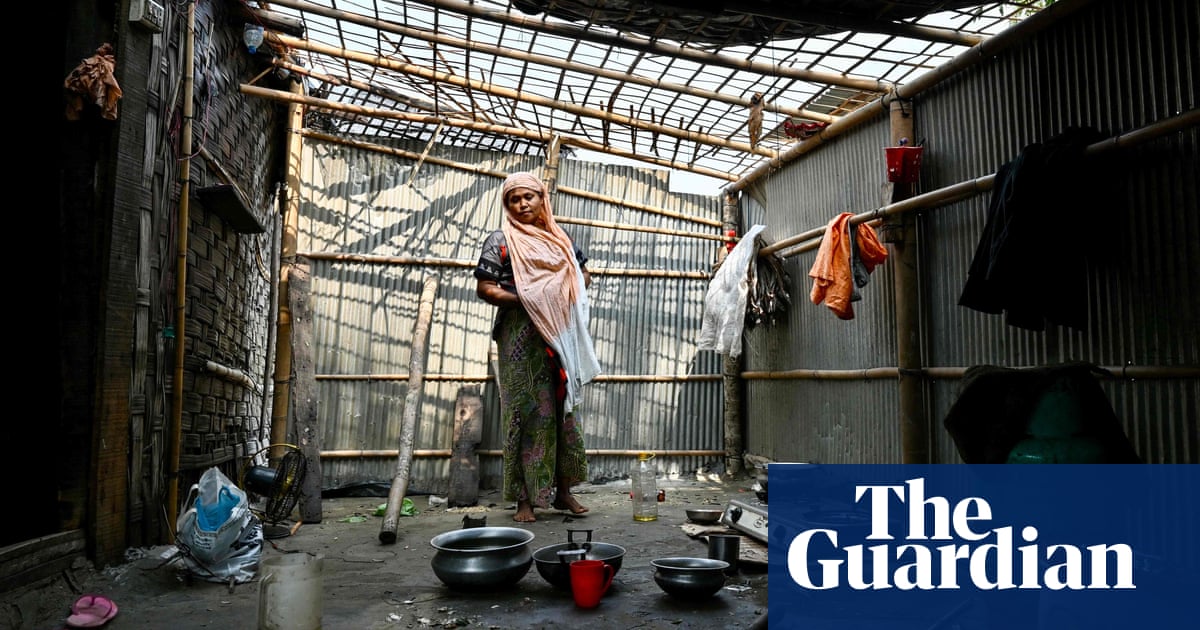
Cyclone Mocha brought strong winds and torrential rain to parts of Bangladesh and Myanmar on Sunday, with refugee camps bearing the brunt of the category-5 storm, leaving at least five dead and causing half a million people to be evacuated.
The region was rocked by sustained winds of more than 160mph as Mocha made landfall, whipping up gusts closer to 200mph and a storm surge of up to 4 metres. The world’s largest refugee camp, Cox’s Bazar, was badly hit and more than 1,300 shelters were destroyed. Heavy rain triggered landslides and floods.
The storm dissipated rapidly as it moved inland, after it lost the warm sea that helped fuel it. However, thunderstorms are likely to hamper rescue and cleanup efforts in the coming days.
Elsewhere, a stark heat divide across North America is expected this week, with temperatures 10-15C above the seasonal norm in parts of the Pacific Northwest and western half of Canada.
The warmth across the north-west could cause some weather stations to break their monthly temperature records, particularly around Vancouver where temperatures are expected to reach the low 30s Celsius.
In stark contrast, eastern Canada will feel about 10C below average. Temperatures will struggle to reach double digits as cold air surges south. The resulting daytime highs are likely to be a chilly 7C in parts of Quebec.
Further south, there is likely to be a lull in storm activity across the US plains after tornadoes battered some states. Nebraska bore the brunt of a series of them on Friday night, although they mostly affected sparse farmland.
Nevertheless, some farm buildings and homes were damaged by a tornado that tore through Dodge County. Storm activity will ease in the coming days as moisture recedes and high pressure builds from the west.




